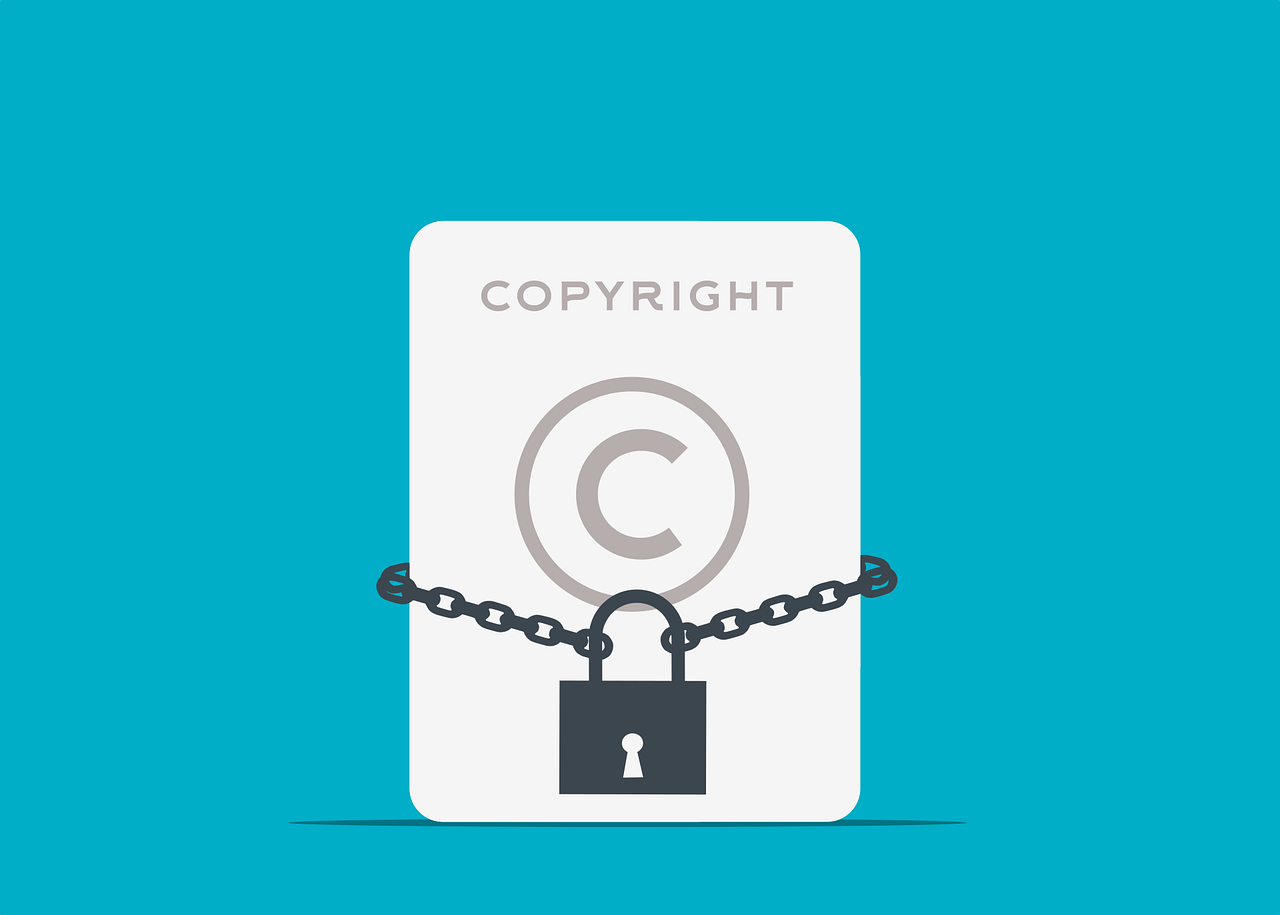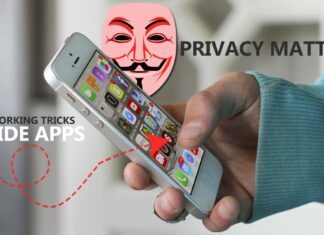Brand infringement is a serious issue that can have costly consequences for businesses. It is essential to understand what copyright infringement is and what you can do to prevent it from protecting your brand. This guide will provide you with all the information you need about copyright infringement and how to protect your brand.
What is Copyright Infringement, and What Are the Consequences for Businesses?
When a business is accused of copyright infringement punishment, it can have serious consequences. Copyright infringement is the unauthorized use of copyrighted material, and it can result in civil and criminal penalties. In the United States, copyright law is governed by the Copyright Act of 1976. This law provides for both civil and criminal penalties for infringement.
Civil penalties can include damages and injunctions, while criminal penalties include fines and imprisonment. In many cases, businesses are accused of inadvertently infringing another business’s copyrighted material.
For example, if a company uses a copyrighted image without permission, it may not know it is doing anything wrong. However, copyright holders can still take legal action against the company. As a result, businesses should be cautious about using any copyrighted material without prior approval from the copyright holder.
When in doubt, it is always best to err on the side of caution and obtain permission before using any copyrighted material.
How Can You Protect Your Brand from Copyright Infringement?
You can take a few steps to protect your brand from copyright infringement.
- Register Your Copyrights: One of the best ways to protect your copyrights is to register them with the U.S. Copyright Office. This will give you legal protection and make it easier to act against infringers.
- Use Copyrights creatively: Use your copyrights creatively to develop new and innovative ways to protect your brand. For example, you could create a “copyright policy” for your website outlining how users can use your copyrighted material. This will let people know that you are serious about protecting your rights and deter potential infringers.
- Enforce Your Rights: If someone does infringe on your copyrights, it is essential to take action. This may include sending a cease and desist letter or filing a lawsuit. Taking action against infringers will send a strong message that you are serious about protecting your rights and deterring future infringement.
What are The Steps to Take if Copyright Infringement Happens?
If you discover that someone has infringed on your copyrights, you can take a few steps to stop the infringement and enforce your rights.
- Send a Cease and Desist Letter: The first step is to send the infringer a cease and desist letter. This is a formal demand for them to stop using your copyrighted material. Cease and desist letters are often effective in preventing infringement. They put the infringer on notice that you are aware of the infringement and are prepared to take legal action.
- File a Lawsuit: If the cease and desist letter does not stop the infringement, you may need to file a lawsuit. This is a more formal process and can be costly, but it may be necessary to protect your rights.
Common Myths About Copyright Infringement Businesses Should Be Aware Of
There are a few common myths about copyright infringement that businesses should be aware of.
Myth 1: I can use anything I find on the internet.
This is not true. Just because something is available on the internet does not mean that you can use it without permission. If you want to use someone else’s copyrighted material, you need to get permission from the copyright holder first.
Myth 2: I only need to worry about copyright infringement if I’m selling something.
This is also not true. You can be sued for copyright infringement even if you’re not selling anything. If you’re using someone else’s copyrighted material without permission, they can take legal action against you.
Myth 3: I’m not infringing on anyone’s copyright if I change the work slightly.
This is known as the “derivative work” myth, and it’s not true. If you use someone else’s copyrighted material to create new work, you infringe on their copyright. Even if you make changes to the original work, it is still considered an infringement.
Myth 4: I’m not liable for copyright infringement if I didn’t know I was doing anything wrong.
Ignorance is not a defense against copyright infringement. If you use someone else’s copyrighted material without permission, you can be held liable even if you didn’t know you were doing anything wrong.
Other Ways to Protect Your Brand From Being Copied or Stolen
There are other ways to protect your brand from being copied or stolen.
- Trademark Your Brand Name and Logo: You can trademark your brand name and logo to help prevent others from using them without permission.
- Apply for a Patent: You can apply for a patent to protect your inventions and intellectual property.
- Monitor Your Brand Online: You should monitor your brand online and take action if you see someone using it without permission.
- Use professional software: You should also implement a reputable copyright infringement protection tool that will automatically report any case of stolen content on the internet.
Taking steps to protect your copyrights, trademarks, and patents is the best way to prevent others from copying or stealing your brand. By taking these steps, you can deter potential infringers and enforce your rights if someone does infringe.
Is There Anything Else Businesses Should Know About Copyright Infringement?
Yes. In addition to the steps businesses can take to prevent and stop copyright infringement, companies should know a few other things about copyright infringement.
- Copyright Infringement is a Serious Matter: Copyright infringement is a serious matter and can result in costly legal action.
- You Could Be Sued for Infringing on Someone Else’s Copyright: If you use someone else’s copyrighted material without permission, you could be sued.
- Infringing on Someone Else’s Copyright Can Damage Your Business Reputation: If you are found to have infringed on someone else’s copyright, it can damage your business’s reputation.
- There Are Consequences for Infringing on Copyrights: There are consequences for infringing on copyrights, including fines and jail time.
- You Could Be Held Liable for Infringing on Copyrights Even if You Didn’t Know You Were Doing Anything Wrong: Ignorance is not an excuse for copyright infringement. Even if you didn’t realize you were doing anything wrong, you could be held liable for using someone else’s copyrighted material without permission.
Conclusion
Copyright infringement is a serious matter that businesses should take measures to prevent. There are a few myths about copyright infringement that companies should be aware of, and there are other ways to protect your brand from being copied or stolen.
If you use someone else’s copyrighted material without permission, you could be sued for copyright infringement. The consequences of infringing on copyrights can be costly, so it’s essential to take steps to protect your brand from being copied or stolen.


